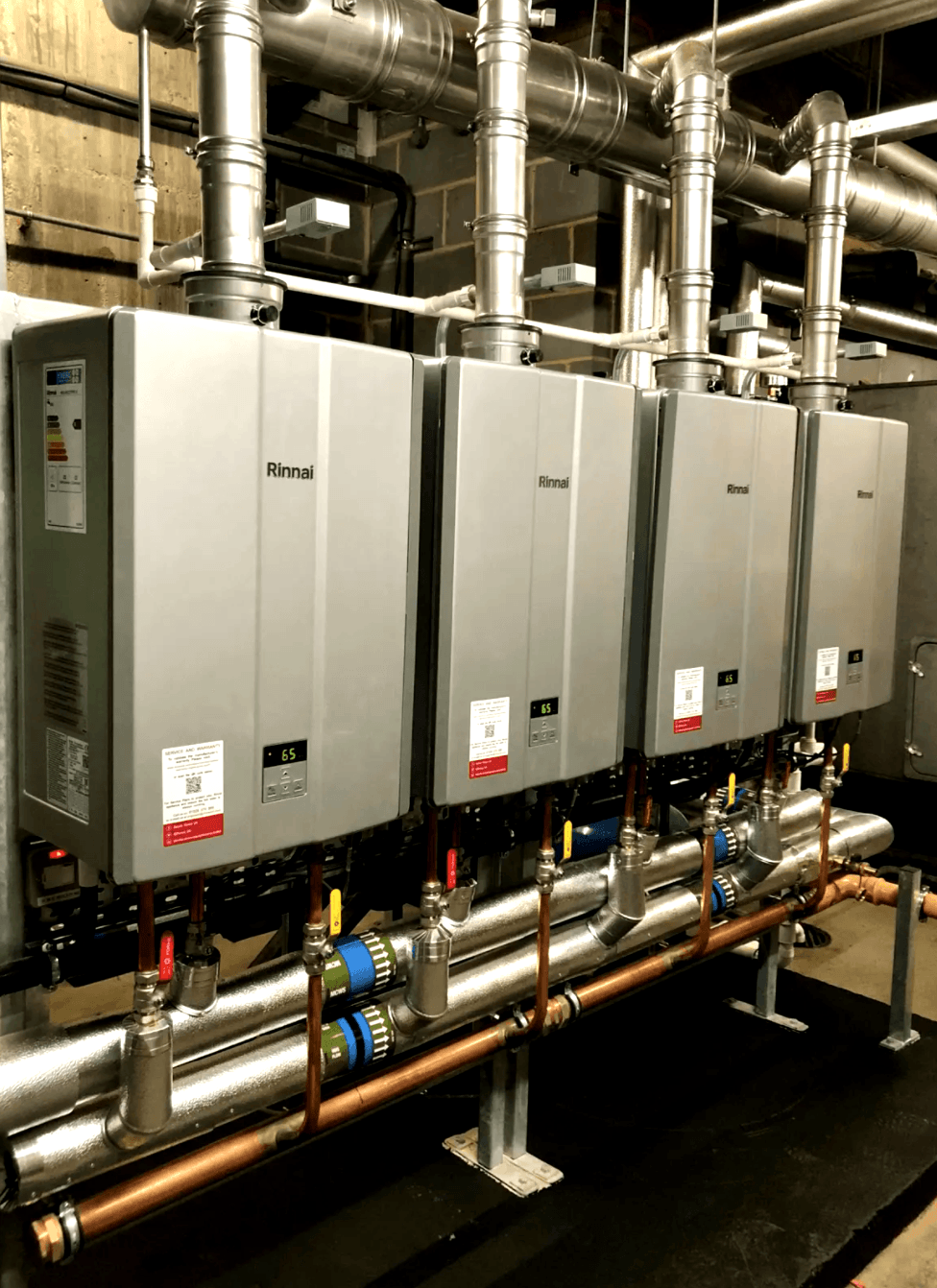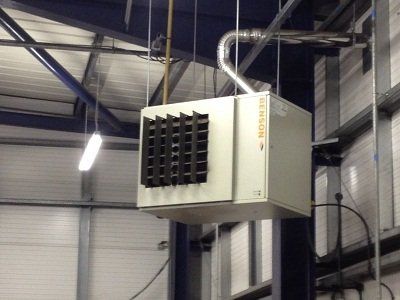Exploring the Types of Industrial Heaters: From Electric to Gas and Beyond
Are you aware that industrial heating accounts for approximately 70% of total industrial energy consumption?
The world of industrial heaters is vast and varied, offering a multitude of options to suit your specific heating needs. From the efficiency of electric heaters to the power of gas-powered systems and the innovation of infrared solutions, the possibilities are endless.
Whether you're seeking to optimise your production processes or ensure consistent temperatures in your industrial facility, understanding the different types of industrial heaters is essential.
Join us as we explore the diverse landscape of industrial heating solutions and uncover the most suitable options for your operations.
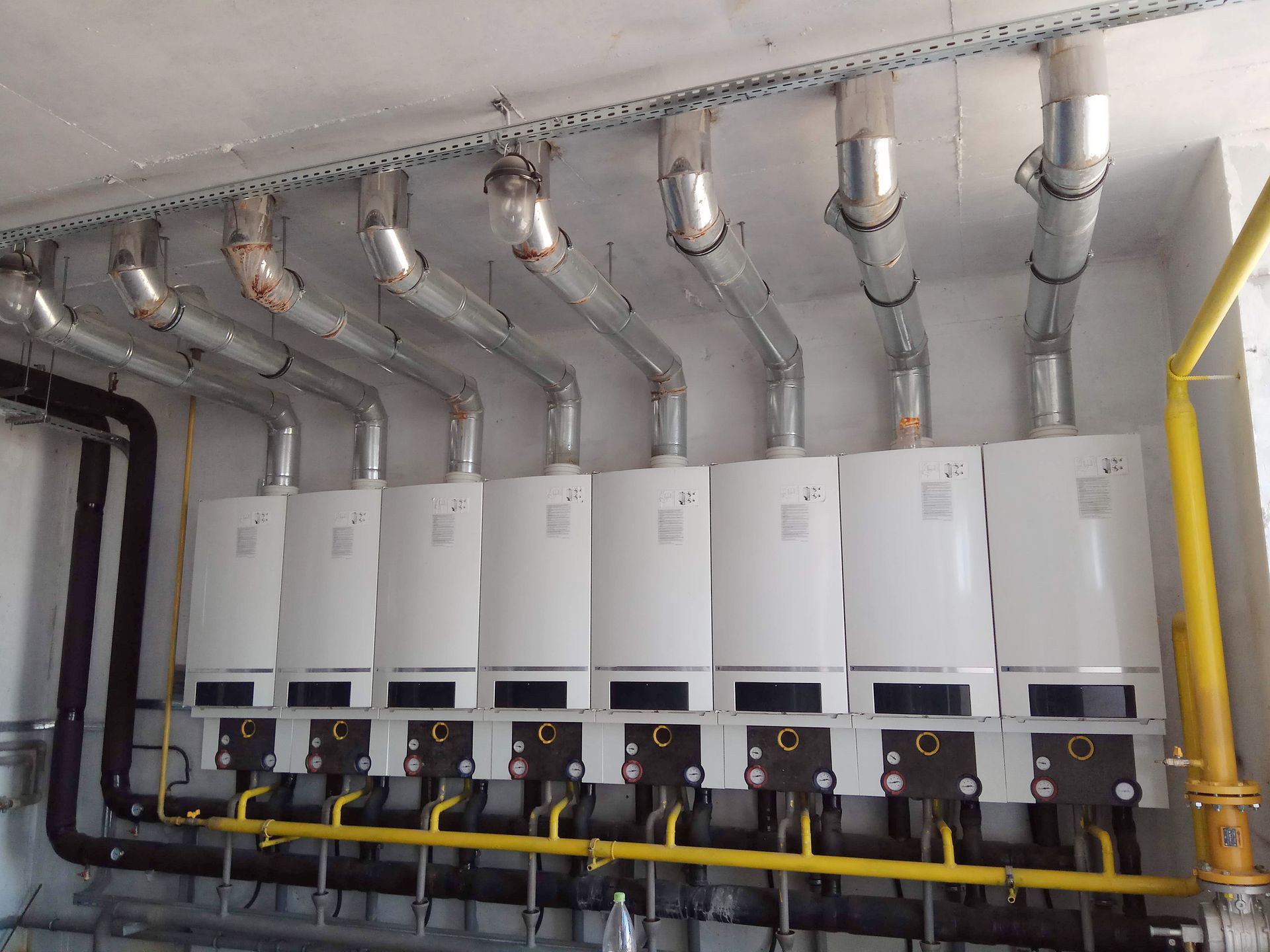
Electric Industrial Heaters
If you're looking for a reliable and efficient heat source for industrial processes, electric industrial heaters are a popular choice due to their versatility and precise heat control.
There are different types of industrial electric heaters available, each with its own specific applications.
For instance, the electric fan heater is typically used for space heating and is suitable for small to medium-sized areas.
On the other hand, tubular heaters can be used for a wide range of industrial heating applications, including heating liquids and gases.
If you need to heat air in a duct, then duct heaters are the ideal choice.
Circulation heaters, with their ability to efficiently heat liquids, are another common type of industrial electric heater.
When considering an industrial heater for your project, it's important to assess the specific heating requirements to determine the most suitable type of electric industrial heaters for the job.
With their precise heat control and versatility, electric industrial heaters offer a reliable solution for a wide range of industrial heating needs.
Gas-Powered Heaters
Gas-powered heaters offer a reliable and versatile heat source for industrial processes, providing efficient heat control for a wide range of applications. These heaters use energy from a fuel, such as propane or kerosene, to generate heat.
Industrial heaters are used in applications where electric heaters may not be suitable or cost-effective, such as in outdoor or large open spaces. Gas heaters are known for their ability to produce high levels of heat, making them ideal for heating large areas or for applications where quick heat-up times are essential.
In addition to direct-fired gas heaters, circulation heaters are used to heat liquids and gases indirectly, making them suitable for processes where direct exposure to an open flame isn't viable.
The flexibility offered by gas-powered heaters, as a different energy source compared to electric heaters, makes them a popular choice in various industrial heating applications.
Infrared Heating Solutions
When considering alternatives to gas-powered heaters, infrared heating solutions offer efficient and versatile heat sources for industrial processes, utilising electromagnetic radiation to transfer thermal energy.
Infrared heaters, such as radiant tube heaters, are commonly used in industrial applications due to their efficient method of heating specific areas or objects without the need to heat the surrounding air. These powerful heaters provide a focused energy source to a system, making them a practical choice for various industrial heating needs.
When choosing an industrial heater, it's important to consider the specific requirements of the application to determine if infrared heating solutions are the most suitable option.
With their ability to directly transfer thermal energy in a system, infrared heaters provide an effective and targeted approach to heat transfer in industrial settings, making them a valuable asset for enhancing productivity and energy efficiency.
Immersion Heater Applications
Immersion heaters are commonly utilised in industrial settings for heating liquids and facilitating various industrial processes. These electric heaters are submerged directly into the liquid or medium that requires heating, allowing for efficient heat transfer.
One of the primary applications of immersion heaters is in the heating of tanks and vats used in industrial processes. They're also employed for heating water, oils, and chemicals in various industrial settings. The method of heat transfer used by immersion heaters ensures uniform heating throughout the liquid, making them an effective and reliable heating solution.
Additionally, flanged heaters are commonly used in the heating of large volumes of liquids, while drum heaters are specifically designed for heating and maintaining the temperature of drums and barrels.
These immersion heater applications play a crucial role in numerous industrial processes, providing the necessary thermal energy for operations such as chemical processing, oil and gas refining, food and beverage production, and many others.
Tubular Heating Technology
Tubular heating technology is widely used in industrial applications for its efficient and versatile heating capabilities. These industrial heaters are designed with a tubular heating element, typically made of metals such as copper, steel, or Incoloy, allowing them to withstand high temperatures and resist corrosion.
Electric heaters are a common type of tubular heater, using electrical energy to heat the element and transfer thermal energy to the surrounding medium. On the other hand, gas heaters utilise a combustion process to generate heat, making them suitable for applications where electricity may not be readily available or cost-effective.
These heaters work through convection, where the heated medium circulates naturally, or forced convection, where fans or blowers are used to enhance heat transfer.
Tubular heaters include various configurations such as duct heaters, circulation heaters, and flexible heaters, each tailored to specific industrial heating needs. With their ability to heat air, liquids, and surfaces, tubular heating technology plays a crucial role in diverse industrial processes, providing reliable and effective heat transfer solutions.
Duct Heating Systems
Duct heating systems, a critical component of industrial heating technology, are designed to efficiently distribute heat to various areas, building on the versatile capabilities of tubular heating technology. These systems are commonly used in large industrial spaces to heat the air and maintain optimal temperatures.
Duct heaters are designed to provide effective heat transfer, using either electric heaters or gas heaters to meet specific heating requirements. Electric duct heaters utilise heating elements to transfer heat to the air passing through the system. These heaters are designed for precise temperature control and uniform heat distribution, making them suitable for various industrial processes.
On the other hand, gas duct heaters use combustion to generate thermal energy, which is then transferred to the air circulating through the duct system. Gas heaters are often chosen for their cost-effectiveness and high heat output, offering an efficient solution for heating large areas.
Circulation Heater Options
Consider circulation heaters as a versatile and efficient option for heating liquids and gases in industrial processes. When exploring circulation heater options, you'll find that they come in various forms, including electric and gas heaters. Electric circulation heaters are commonly used for heating liquids, offering precise temperature control and uniform heat distribution. They're suitable for a wide range of applications, from oil and gas industries to chemical processes. On the other hand, gas circulation heaters are preferred for heating gases, providing rapid and efficient heating for industrial operations.
In addition to electric and gas options, convection heaters are another type of circulation heater commonly used in industrial settings. These electrical heaters rely on natural convection to circulate the heated fluid, making them ideal for heating liquids in tanks or reservoirs. Furthermore, infrared heaters are also utilised in circulation heater systems to efficiently transfer thermal energy to liquids and gases. Their ability to heat objects directly without relying on a medium makes them a valuable option in industrial heating processes.
Whether you choose electric, gas, convection, or infrared circulation heaters, each option offers specific advantages for heating liquids and gases in industrial operations.
Flexible Heating Solutions
When seeking flexible heating solutions for your industrial needs, you can explore a range of versatile options tailored to your specific requirements. Industrial heaters come in a variety of types, offering a wide range of industrial heating solutions. These heaters are used in various industrial processes to heat liquids, air, and facilitate heat transfer. One of the common types of industrial heaters is the flexible heater, which provides adaptability and can be customized to fit into complex spaces. Flexible heaters come in various forms such as duct heaters, air heaters, and strip heaters, offering efficient heating solutions for different industrial settings.
Moreover, flexible heating solutions also encompass radiant heaters, infrared heaters, and circulation heaters. Radiant heaters emit thermal energy from a heating element, providing focused and rapid heat transfer. Infrared heaters utilize convection and radiation to heat air and surfaces effectively. Circulation heaters are utilized for heating liquids and gases within tanks and pipelines.
Whether you require localised or widespread heating, the diverse range of flexible industrial heaters on the market caters to a multitude of industrial heating needs.
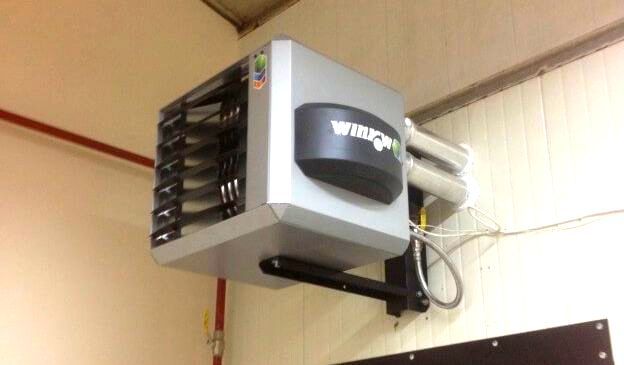
Conclusion
So, whether you need to heat air, liquids, or facilitate heat transfer in your industrial processes, there's a wide range of reliable and efficient industrial heaters available for you.
From electric to gas, and from immersion heaters to flexible heating solutions, you can find the perfect heating solution for your specific needs.
Explore the diverse world of industrial heaters and discover how they can improve the efficiency of your industrial processes.
Frequently Asked Questions
When using industrial heaters, always follow safety precautions. Check for any damage or wear before use. Keep flammable materials away. Use heaters only in approved areas. Regularly inspect and maintain equipment for optimal safety.
Industrial heaters contribute to energy efficiency in manufacturing processes by using advanced heating technology, optimising heat transfer, and controlling temperature accurately. They help reduce energy waste and operational costs, improving overall efficiency in industrial operations.
When choosing industrial heaters, consider factors like energy efficiency, heating capacity, and application requirements. Evaluate the cost, maintenance needs, and environmental impact to ensure the best fit for your specific industrial heating needs.
You need to be aware of government regulations and industry standards when using industrial heaters. Compliance ensures safety, efficiency, and environmental responsibility. Stay informed and follow regulations to avoid penalties and ensure smooth operations.
Yes, industrial heaters can be integrated with smart technology for remote monitoring and control. You'll have the ability to adjust settings and monitor performance from anywhere, enhancing efficiency and providing real-time insights for proactive maintenance.
Share This Post.
Latest News | Winrow Industrial Heating

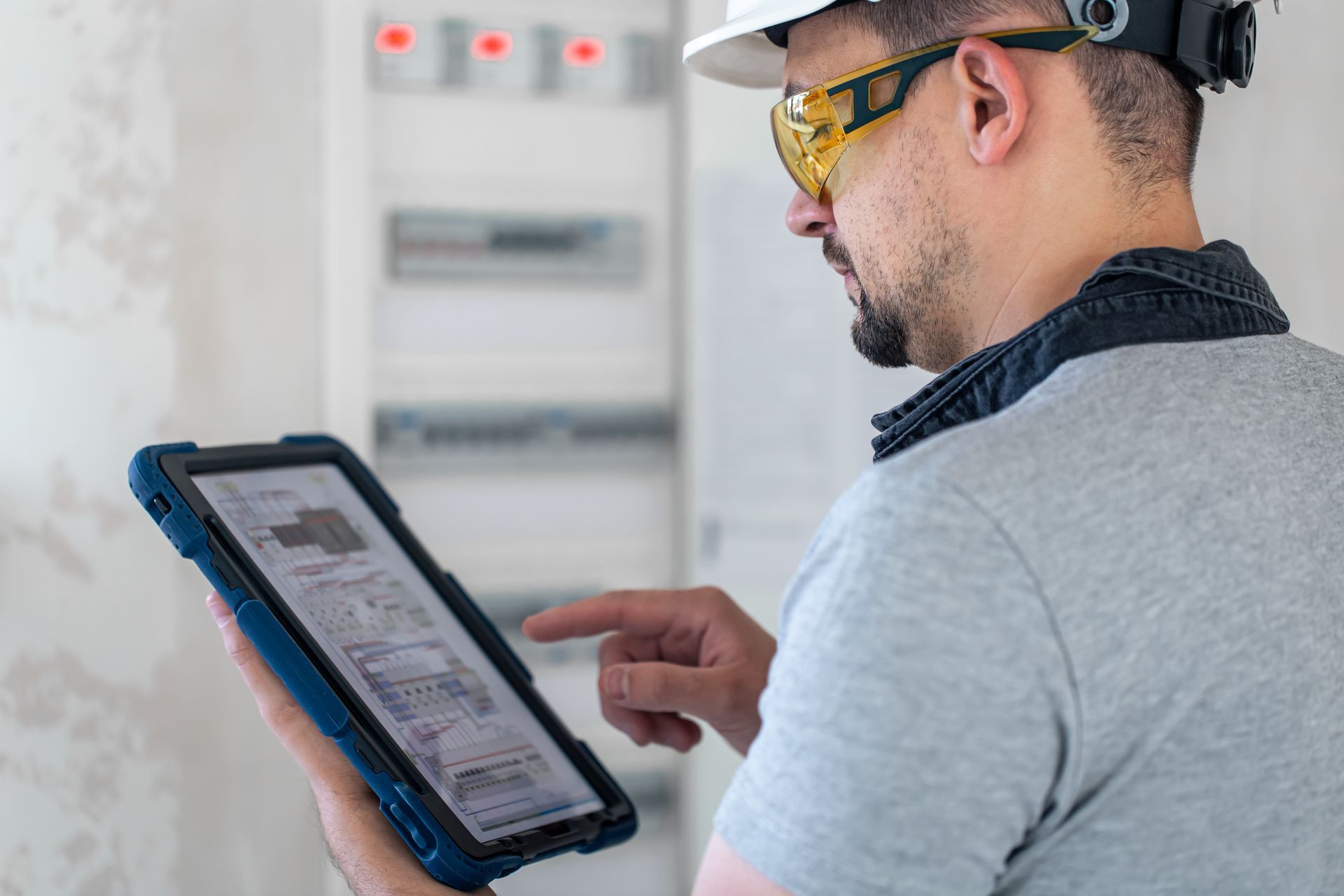
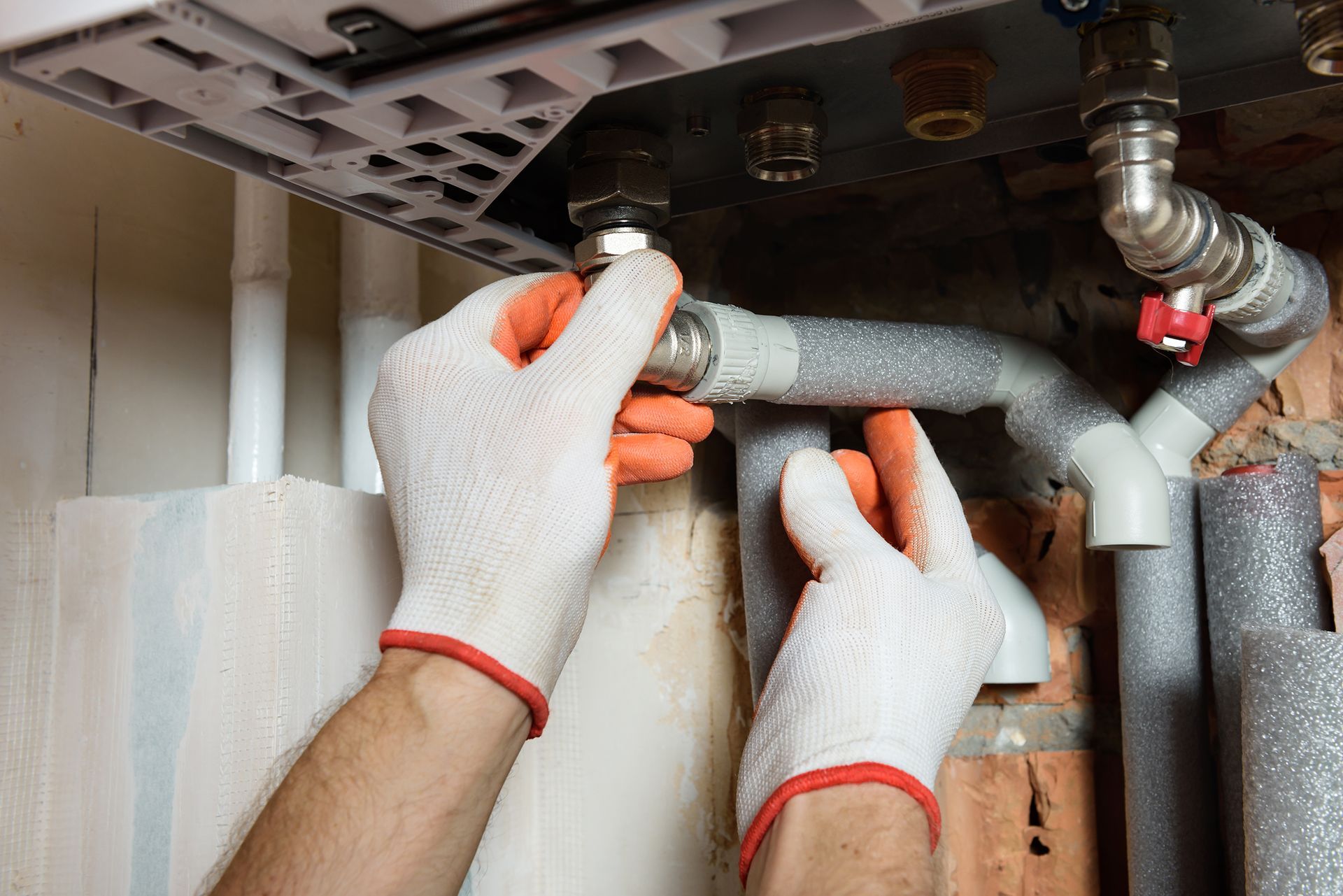
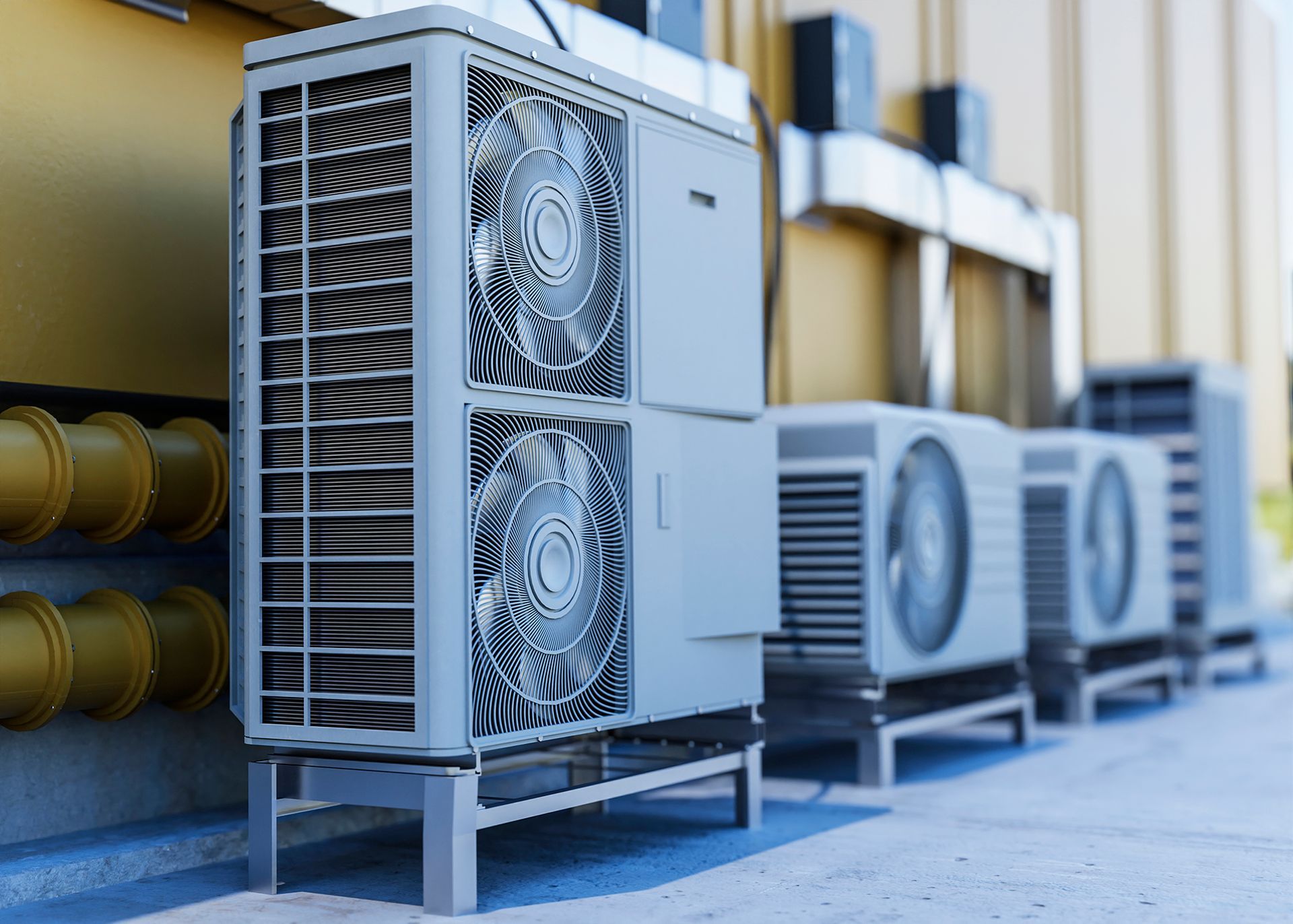
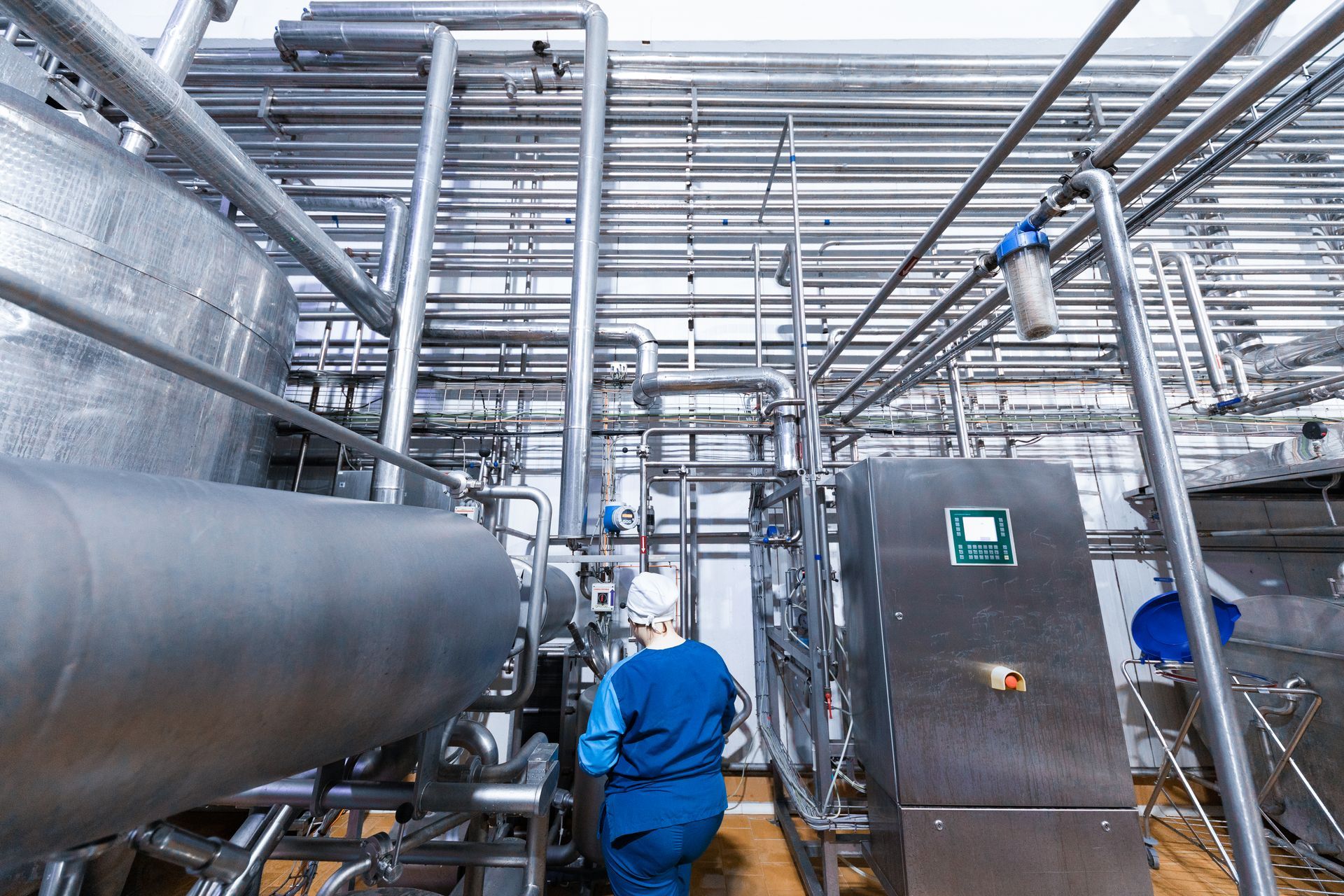
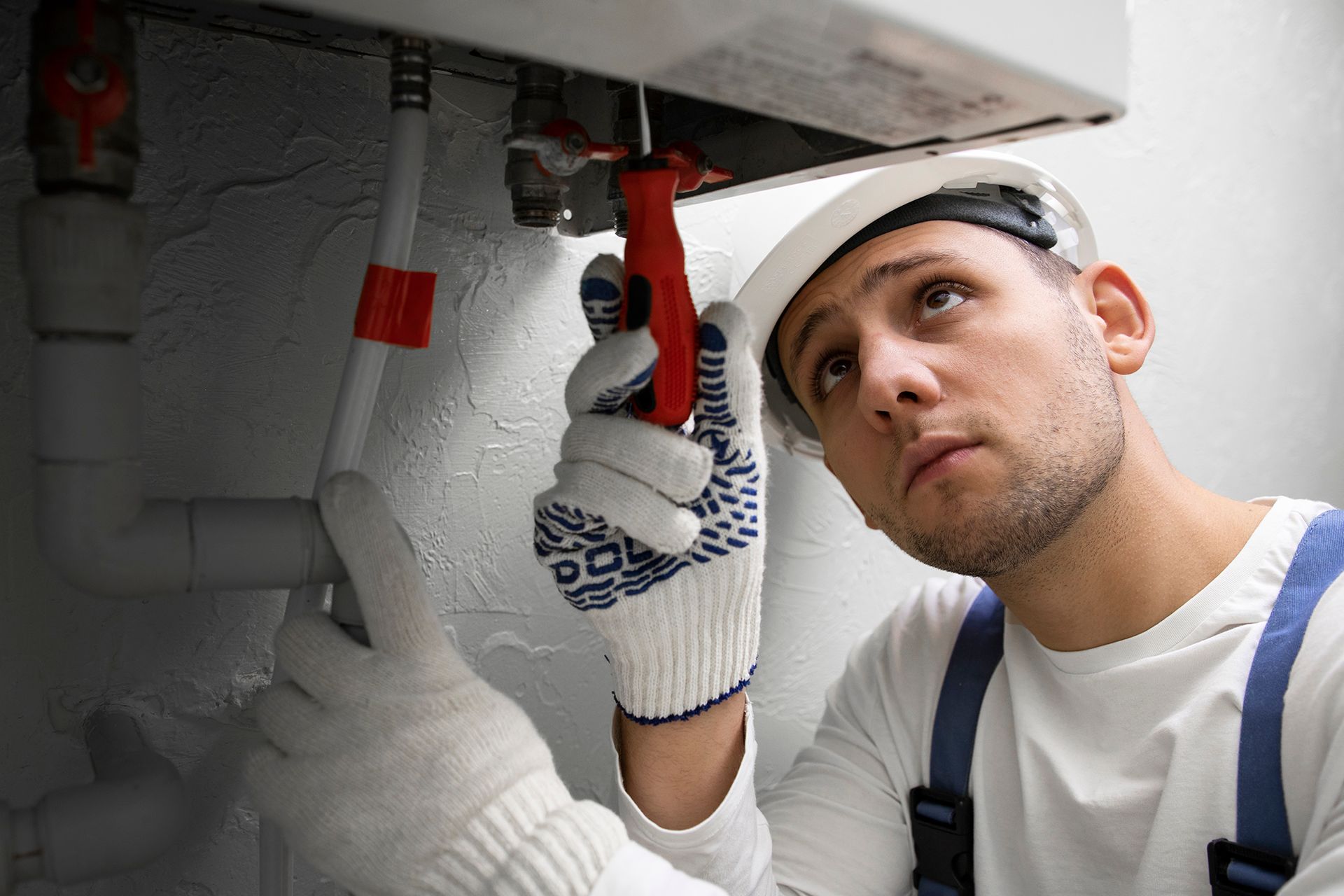
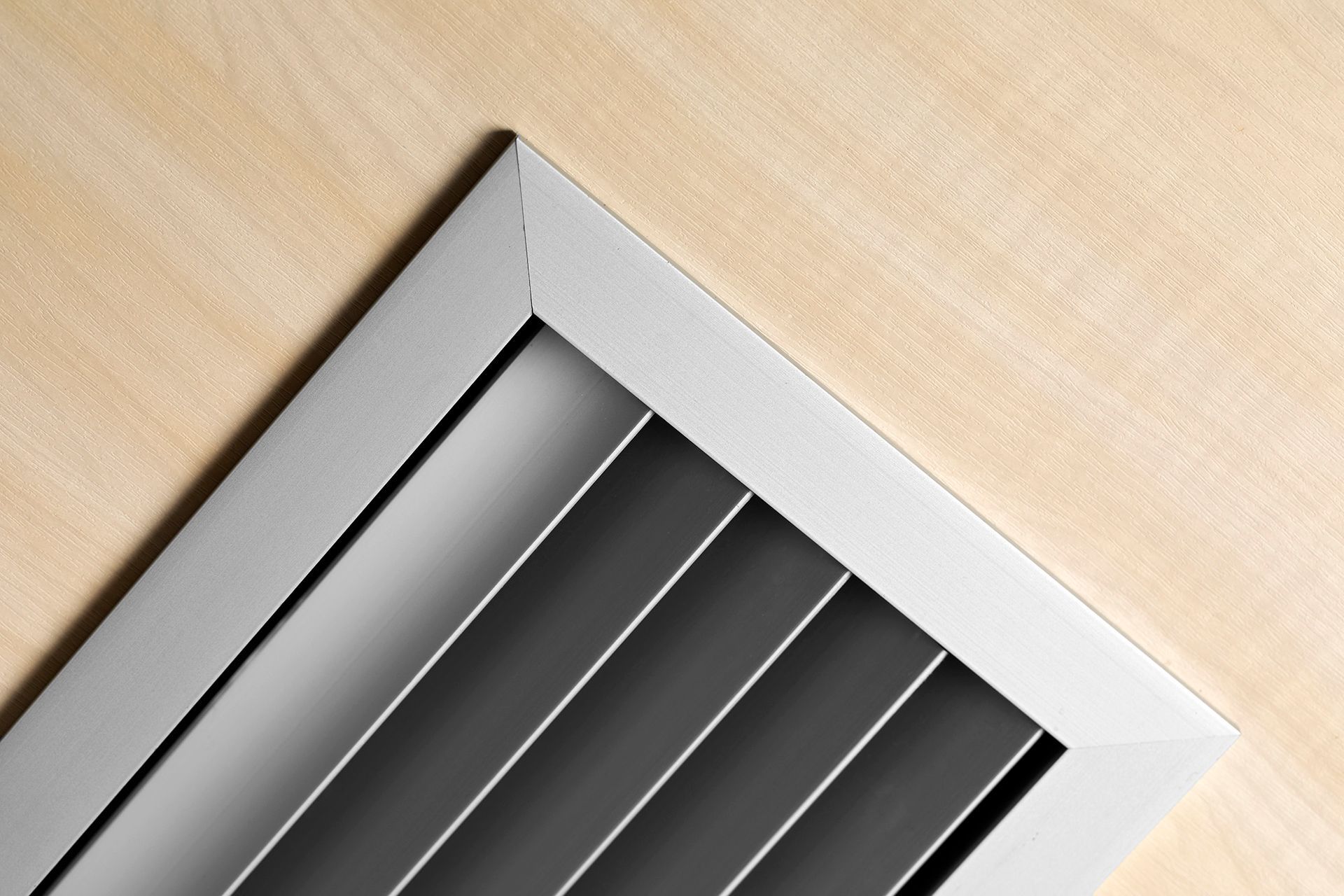
Need a Quote?
Is your business is looking for heating upgrade or an installation quote? Please call us on 08000 588 035 for a free quotation or fill out our contact form and we’ll get back to you as soon as we can.
If you could also attach some relevant images of the building and advise the building volumetric, it will help with our initial design assessment. Thank you.t Winrow
Winrow - Enquiry Form
We will get back to you as soon as possible
Please try again later

